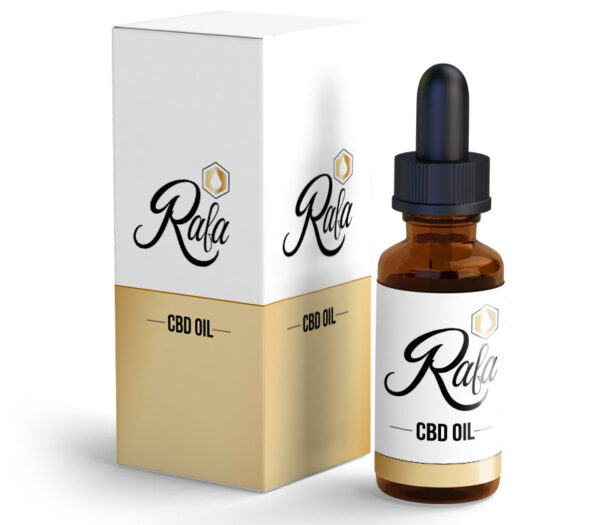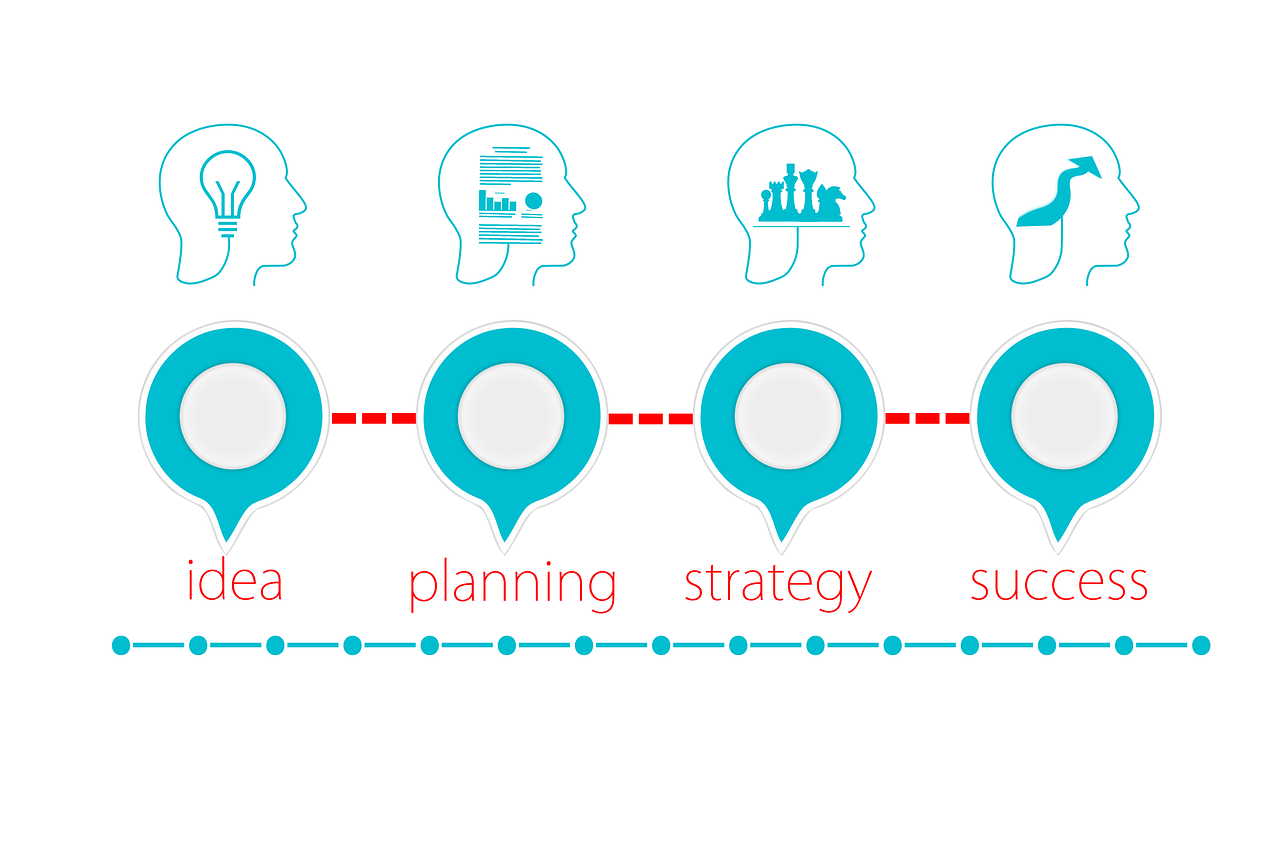
Gathering information about your competitors involves a combination of research methods and tools. Here are some effective ways to collect data on your competitors:
- Online Research:
- Website Analysis: Explore your competitors’ websites thoroughly. Look for information about their products, services, pricing, customer reviews, and company history.
- Blogs and News Updates: Read their blogs, news releases, and press coverage to stay updated on their latest activities, achievements, and announcements.
- Social Media Monitoring:
- Monitor your competitors’ social media profiles for updates, customer interactions, and feedback.
- Analyze the type of content they share, engagement metrics, and their overall social media strategy.
- Industry Reports and Publications:
- Access industry reports, market studies, and publications related to your sector. These often provide valuable insights into market trends, growth forecasts, and the performance of key players.
- Financial Statements:
- Review public financial statements if your competitors are publicly traded companies. Annual reports, SEC filings, and other financial disclosures can provide information about revenue, profits, and financial strategies.
- Conferences and Trade Shows:
- Attend industry conferences and trade shows where your competitors may showcase their products or services.
- Network with industry professionals and gather information from presentations, booths, and discussions.
- Customer Feedback and Reviews:
- Analyze customer reviews on various platforms, such as review websites, social media, and industry-specific forums.
- Understand the strengths and weaknesses of your competitors based on real customer experiences.
- Surveys and Questionnaires:
- Conduct surveys or questionnaires to gather information from your competitors’ customers, suppliers, or employees.
- Keep the questions focused on aspects that can provide strategic insights without revealing proprietary information.
- Supplier and Partner Relationships:
- Explore relationships your competitors have with suppliers, distributors, and other partners. This can provide insights into their supply chain and distribution channels.
- Job Postings and Employee LinkedIn Profiles:
- Monitor job postings on your competitors’ websites and review employee LinkedIn profiles.
- This can offer insights into their organizational structure, hiring trends, and the expertise of their workforce.
- Patents and Intellectual Property:
- Investigate patents and intellectual property filings related to your competitors. This can provide insights into their research and development efforts and potential future products.
- Competitor Interviews:
- If possible, conduct interviews with former employees, industry experts, or other stakeholders who may have insights into your competitors.
- Be cautious to respect legal and ethical boundaries in obtaining information through interviews.
- Government and Regulatory Filings:
- Explore government databases and regulatory filings for information on your competitors, especially if they operate in highly regulated industries.
Always ensure that your information gathering practices adhere to ethical and legal standards. Avoid any activities that could be considered corporate espionage or violate privacy laws. It’s also essential to stay updated on changes in the competitive landscape over time, as the business environment is dynamic.
If you’d love to have a great website or need help with graphic design or marketing but you lack the funds to get the job done right, contact us today and let us work something out for you!
Our Services

































